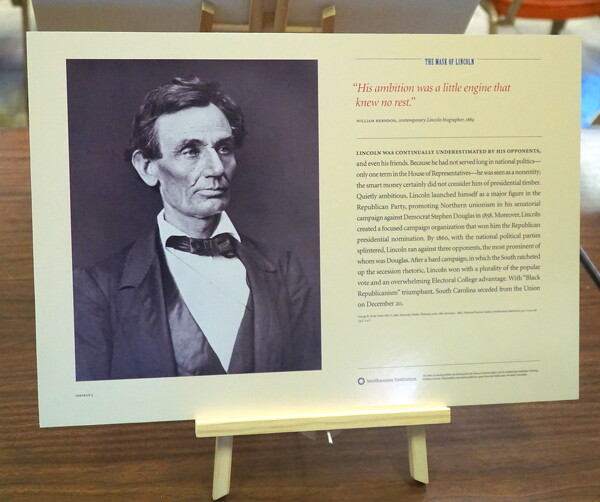CELINA - City council passed by a 5-2 vote first reading of legislation to change the zoning of a 1-acre property from manufacturing to zcommunity shopping, which would clear the way for Cincinnati-based Bon Secours Mercy Health to build an urgent care center.
The ordinance, if passed on final reading, would follow the city planning commission's recommendation to rezone the property at 1800 Industrial Drive from M2 light manufacturing district to B3 community shopping district.
Plans call for a 4,200-square-foot Bon Secours Mercy Health urgent care facility in the bustling Havemann Road commercial sector, with eight exam rooms and X-ray and lab services that would treat about 30 patients a day, according to Michael Johnston, senior development manager for Bon Secours Mercy Health.
Councilors Thomas Sanford and Matt Gray cast the dissenting votes, raising issues such as the loss of city industrial land, traffic concerns, especially when Crown Equipment Corporation lets out, and the potential strain to the already beleaguered Mercer County Emergency Medical Services.
However, the two men said they could still change their votes before final reading on Oct. 14, depending on the answers Johnston is able to gather from his company's business team.
Prior to taking a vote, councilors heard from Mercer Health CEO Lisa Klenke and Grand Lake Health System President and CEO Cynthia Berning, who said a new urgent care center in Celina could hurt local healthcare providers.
Mercer Health has operated Doctors' Urgent Care, a non-emergency care clinic in Celina, since 1987. Also, Mercer Health and Grand Lake Health System, along with Mercy Health, operate Grand Lake Cancer Center in Celina.
Klenke said she acknowledges and fully understands that competition is a natural part of business growth and development and that Mercer Health fully supports the economic growth of all the local communities it serves.
"We at Mercer Health do have concerns about the impact that a larger corporate health system could have on our community such as over-saturation or duplication of available services and the negative impact of potentially aggressive competition not only on Mercer Health but also on Grand Lake Health System as well," Klenke said.
Both Mercer Health and Grand Lake Health System compete but also have a long history of collaborating when it's in the best interest of the local communities they serve, she continued.
Klenke said with the current state of healthcare, most small community hospitals cannot survive without strong strategic partners, "partners that recognize the need for communities to maintain the independence of their local hospitals while at the same time supporting smaller independent hospitals in innovative and collaborative ways to care for their communities."
For many years, the two local hospitals have collaborated to bring surgical specialties typically supported by larger population bases to the Grand Lake area, she continued.
"Since 2024, Mercer Health and Grand Lake Health System have had a collaborative joint venture with Mercer Health to operate the Grand Lake Cancer Center in Celina because neither of our local hospitals provide medical or radiation oncology services," Klenke continued. "Duplicating primary care services with an urgent care center facility takes away from or dilutes patient care volumes for our local providers without adding the value that could be achieved with collaboration for more specialized services that benefits the community and also keeps the local healthcare system strong."
Berning also made a statement that touched on many of Klenke's points, stressing that the two local health systems have collaboratively provided excellent quality healthcare in Celina for decades.
"The entrance into the Celina market of a larger regional hospital by the operation of an urgent care that provides primary care services including X-ray and lab that our health systems already provide to your citizens with inside Celina city limits is a duplication of services that would dilute volumes and negatively impact operations at our facilities," she said.
Councilman Eric Baltzell noted that the city already established a precedent by granting similar zoning requests to properties adjacent to 1800 Industrial Drive, including an auction house in the former Doll Printing building and the restaurant that now houses La Carreta.
"I do appreciate what Mercer Health and Grand Lake Health have both done for the community and I acknowledge that," he said. "I guess what I struggle with is it feels like we're being asked to restrict competition, and I guess we've got to ask ourselves, 'Would we do the same for any other business that came in and asked us to restrict competition coming in?'"
Since the ordinance will be given two more readings, the public has time to voice their opinions to council, Baltzell said.
"I just feel like most of the time free market and open competition gives you the best product in the end," he said.
Council meets next at 7 p.m. Sept. 23 in council chambers on the second floor of the city administration building.


